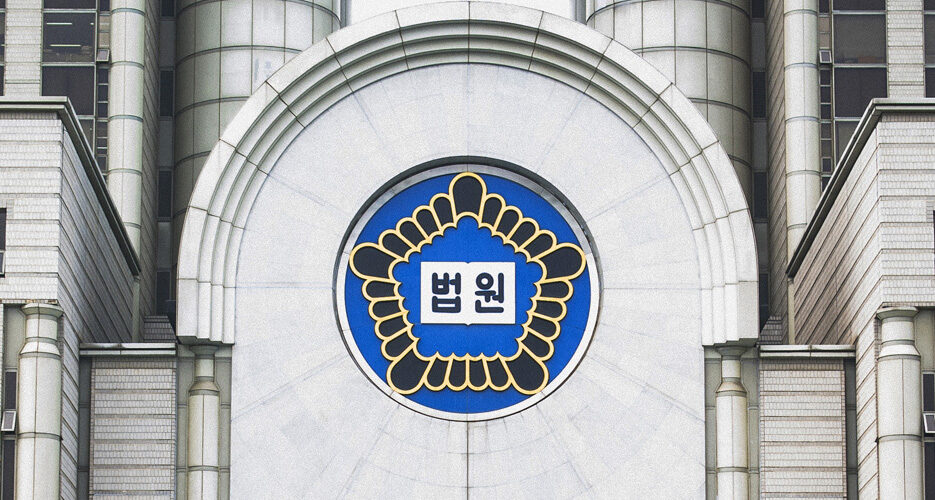South Korean president responds to union’s demands for higher wages and safety standards with jail time and heavy fines
Since the Cargo Truckers Solidarity Union strike (CTSU) began on Nov. 24, South Korea’s supply chain glitches have worsened to the tune of $225 million (300 billion KRW) in losses per day, as supplies of cement and fuel for filling stations run short.
The Yoon administration, which has characterized the ongoing strikes as “political, illegal and violent,” responded by issuing an unprecedented return-to-work order under Article 14 of the Transport Truck Business Act. The order applied only to cement truck drivers who participated in the general trucking strike.
Since the Cargo Truckers Solidarity Union strike (CTSU) began on Nov. 24, South Korea’s supply chain glitches have worsened to the tune of $225 million (300 billion KRW) in losses per day, as supplies of cement and fuel for filling stations run short.
The Yoon administration, which has characterized the ongoing strikes as “political, illegal and violent,” responded by issuing an unprecedented return-to-work order under Article 14 of the Transport Truck Business Act. The order applied only to cement truck drivers who participated in the general trucking strike.
Get your
KoreaPro
subscription today!
Unlock article access by becoming a KOREA PRO member today!
Unlock your access
to all our features.
Standard Annual plan includes:
-
Receive full archive access, full suite of newsletter products
-
Month in Review via email and the KOREA PRO website
-
Exclusive invites and priority access to member events
-
One year of access to NK News and NK News podcast
There are three plans available:
Lite, Standard and
Premium.
Explore which would be
the best one for you.
Explore membership options
© Korea Risk Group. All rights reserved.
No part of this content may be reproduced, distributed, or used for
commercial purposes without prior written permission from Korea Risk
Group.












